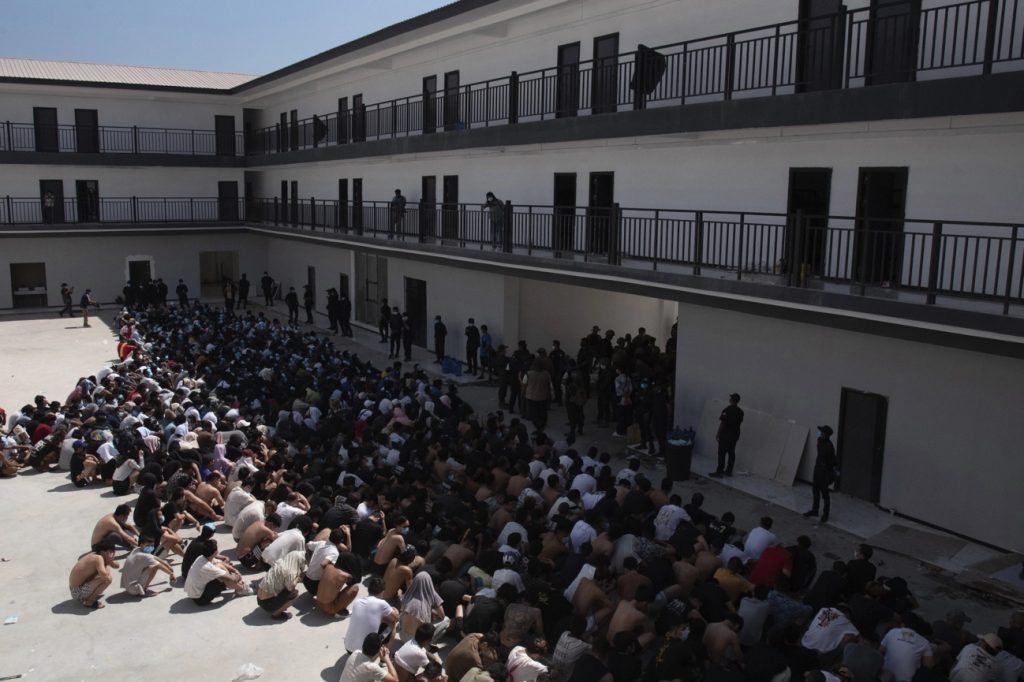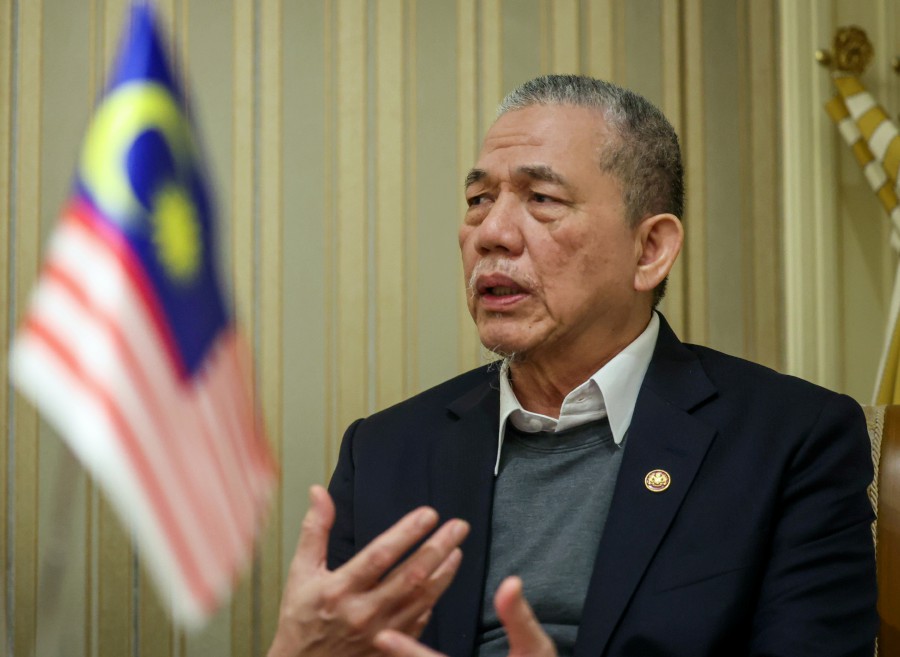Following a joint operation by Thai, Chinese, and Myanmar authorities, over 7,000 individuals were liberated from scam compounds in Myanmar's Myawaddy region. These victims, initially lured with promises of lucrative jobs, were coerced into running online scams under threats of violence.
China has been handling cross-border gambling crimes with determination and seriousness.

Now housed in overcrowded detention facilities near Mae Sot, Thailand, they endure poor living conditions, inadequate medical care, and uncertainty about repatriation.
Bad start to the Year of the Snake for illegal operations in Southeast Asia
The detainees, from various countries, share cramped spaces with limited sanitation, leading to widespread illness. Despite the high-profile rescue, their plight continues as they await assistance from their home governments. While China has repatriated some citizens, others, particularly from nations without Thai embassies, remain stranded.

This situation underscores the extensive operations of criminal networks in Southeast Asia, which have trafficked individuals into forced labor for online scams, generating illicit revenues. The ongoing humanitarian crisis highlights the need for international cooperation to address both the immediate needs of the victims and the broader issue of human trafficking and cybercrime in the region.








































